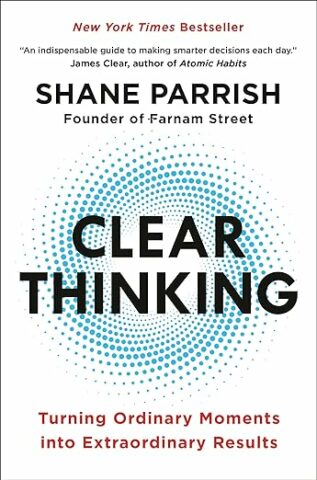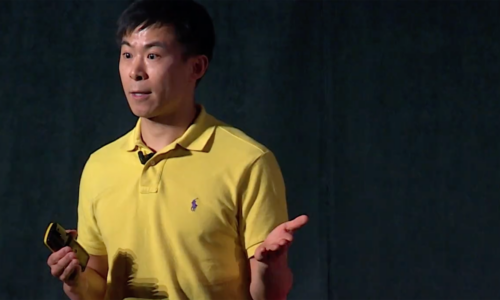Clarity and critical thinking: Stay on task!
It’s all too easy to let your mind be poisoned in an environment infected by the very real possibility of fake information. This doom and gloom, which is manipulated to varying degrees, is harmful to your mental clarity and critical faculties. So, watch out: it’s a trap! You need to find a pocket of time when you can sit down, rein in your knee-jerk responses, keep your head clear and hold on to your ability to think creatively.
You’re used to zeroing in on the “big” decisions, not giving much attention to the ordinary moments of everyday life when you make choices without thinking about them.
But these tiny choices, when you add them all up, are instrumental in determining your successes and setbacks. Even though you may make smart life decisions (your choice of career or partner), if you don’t nourish them with informed judgment on a daily basis, everything will go downhill. Do you react too sharply to a colleague’s comments (whether they’re made face-to-face or online)? If you do, you will sabotage the rest of your relationship, even if you’re in your dream job. Do you double down because you want to prove to everyone that you’re right? Well, even if you’re the boss, you’ll make poor choices! Learn how to control your unconscious reactions so you can steer clear of these perils, break out of the habit of reacting without thinking and look at things with a clear head when other people can’t.

Clear Thinking by Shane Parrish, Penguin Random House, 2023
Learn to spot the 4 toxins that blind you
Four gut reactions are embedded in your DNA, and your brain follows them on autopilot. If you give them free rein, they will scramble your thinking in no time at all.
- Your emotions: you act in line with your feelings rather than fact or reason. Every time you react emotionally, your thinking goes out of the window.
Here’s a case study: in the movie The Godfather, Santino Corleone is the boss’s eldest son. But he’s headstrong, short-tempered and impulsive – all of which will lead to his downfall.
- Your ego: you over-react to anything that threatens to undermine your sense of self-worth or your position in a group hierarchy. We often react badly when our ego is under attack. You stop giving 100% to your job because you don’t feel appreciated, which then only undercuts your position. An over-sized ego is equally toxic: when you have superficial knowledge about a complex issue, it makes you feel as though you’ve mastered the subject – but you overlook the need to learn and grow.
Carlo Rizzi, the son-in-law of Vito Corleone, the eponymous godfather, suffered badly from his relative lack of status in the clan: in an attempt to defend his personal image, he went on to betray his family.
- Your need for social allegiance: you adhere to the norms of your group. You tag along with mainstream thinking, and your private thought processes fall by the wayside because you’re afraid you will lose your social capital. And this phenomenon only grows over time: you surround yourself with people who think like you so you can avoid counter-arguments. But it’s by deviating from the norm that you can move forward, unearth solutions and break new ground.
As Warren Buffet1 has pointed out, very few managers risk taking unconventional decisions. When they turn out right, their courage reaps little reward… and when they’re wrong, they take the blame (and might even end up losing their job).
- Your inertia: you rationalize your habits and validate your comfort zone. You look to carry on with the status quo, you push back against change and you would sooner stick to familiar ideas, processes and environments… even if it means staying put when things go pear-shaped and refusing to consider other possibilities.
© Copyright Business Digest - All rights reserved




